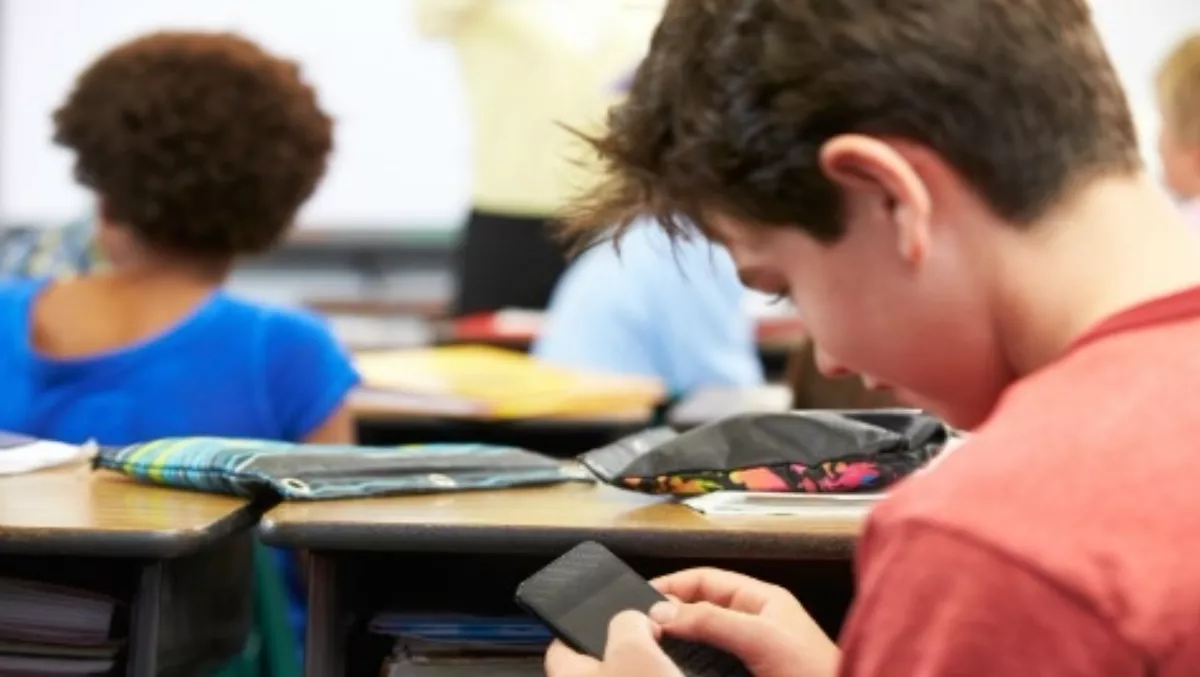
New research suggests students who don't have access to mobile phones have better test scores than those who do.
The Center for Economic Performance at the London School for Economics and Public Policy has released the results of a survey of 91 schools in four cities before and after strict mobile phone policies were implemented.
The study compared student exam records and mobile phone policies from 2001 to 2013, when it was estimated more than 9 out of 10 students had a mobile phone.
Notably, researchers found a significant growth in student achievement in classrooms that banned mobile phones, with student test scores improving by 6.41 percent points of a standard deviation.
This made them two percentage points more likely to pass the required exams at the end of high school, researchers said.
“New technologies are typically thought of as improving productivity, however this is not always the case,” says Richard Murphy, University of Texas at Austin assistant professor of economics and co-author of the study.
“When technology is multipurpose, such as cellphones, it can be both distracting and disruptive,” he says.
“We found the impact of banning phones for these students equivalent to an additional hour a week in school, or to increasing the school year by five days,” Murphy says.
Low-achieving students benefited most from the ban, with test scores increasing by 14.23 percent points of a standard deviation - a gain that was double compared with that of average students - making them four percentage points more likely to pass the exams.
Likewise, the ban greatly benefited special education needs students and those eligible for free school meals, improving exam scores 10 and 12 percent points of a standard deviation respectively.
However, researchers found that strict mobile phone policies had little effect on both high-achieving students and 14-year-olds, suggesting that high achievers are less distracted by mobile phones and younger teens own and use phones less often.
“This means allowing phones into schools would be the most damaging to low-achieving and low-income students, exacerbating any existing learning inequalities.
“Whilst we cannot test the reason why directly, it is indicative that these students are distracted by the presence of phones, and high-ability students are able to concentrate,” Murphy says.
Phone ownership among teenagers in countries such as England, the United States and New Zealand is high, and educators need to look at what impact owning and using a mobile phone can have on students, the research suggests.
“Banning cell phones in schools would be a low-cost way for schools to reduce educational inequality,” Murphy says.
“However, these findings do not discount the possibility that mobile phones could be a useful learning tool if their use is properly structured.
“Regardless, these results show that the presence of cellphones in schools cannot be ignored,” he says.
Richard Murphy, University of Texas at Austin assistant professor of economics, and Louis-Philippe Beland, Louisiana State University assistant professor of economics, co-authored the study.
